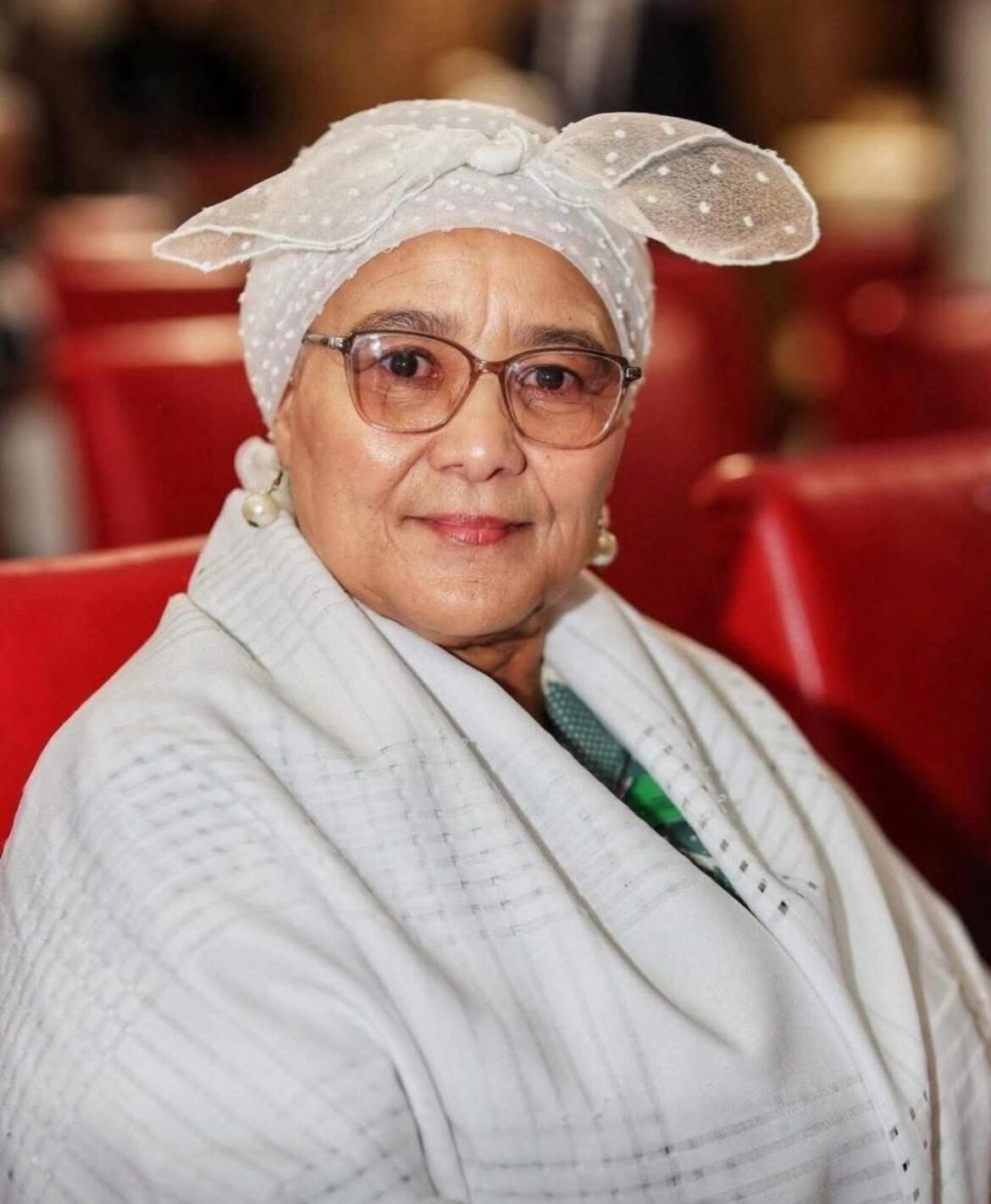Vice President Lucia Witbooi has significantly influenced Namibia’s visa policy shift effective 1 April 2025. This implementation has affected travellers from over 30 countries, including the United States, Germany, and the United Kingdom. Citizens from these nations must obtain a visa before entering Namibia, a departure from the previous visa-exempt arrangements.
Born on 21 March 1961 in Gibeon, Namibia, Lucia Witbooi has been a Member of Parliament since 2010. She has held various leadership roles, including Deputy Minister positions in Gender Equality and Child Welfare, Home Affairs, Immigration, Safety, and Security.
The motivation behind the policy change
The Namibian government has cited a lack of reciprocity as the primary impetus for this policy revision. Historically, Namibia extended visa-free access to numerous countries; however, many of these nations did not offer similar privileges to Namibian citizens.
Vice President Lucia Witbooi highlighted that countries such as Canada and the UK reintroduced visa requirements for Namibian passport holders, prompting Namibia to reassess its visa policies to ensure equitable treatment for its citizens abroad.
Implications of the new visa requirements
Introducing visa requirements for travellers from these 31 countries has several implications, such as impacting the tourism sector. The tourism industry, a vital contributor to Namibia’s economy, may experience fluctuations. The Hospitality Association of Namibia has expressed concerns that the additional visa procedures could deter potential visitors, especially from key markets in Europe and North America.
Nonetheless, this move emphasises Namibia’s commitment to asserting its sovereignty and advocating for the fair treatment of its citizens on the international stage. By implementing these measures, Namibia aims to promote mutual respect and reciprocity in diplomatic engagements.
Namibia has streamlined its procedures for the new visa process by merging the visa-on-arrival form with the arrival form and discontinuing departure forms for countries that do not reciprocate its visa waiver. The government plans to deploy additional personnel to arrival counters to expedite processing and minimise inconvenience for travellers.
Interestingly, this policy shift is becoming a reality under Vice President Lucia Witbooi’s leadership, highlighting the increasing influence of female leaders in shaping national policy. Her proactive approach to addressing issues of reciprocity and national interest reflects a broader need for enhanced female participation in governance and decision-making processes within Namibia.
Namibia’s revised visa policy represents a strategic effort to balance national interests with international relations. While it introduces new requirements for travellers from several countries, the underlying objective is to promote equitable diplomatic engagements and ensure its citizens receive fair treatment overseas.



